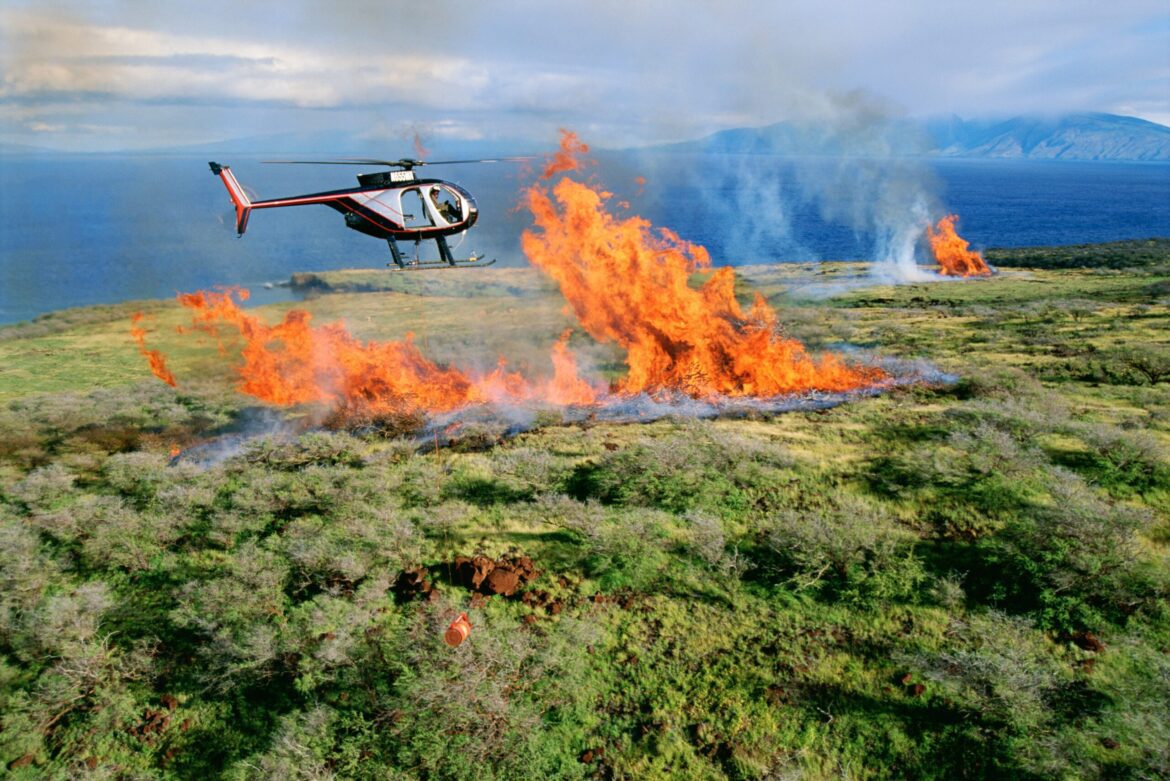Hawaii is enduring one of the most catastrophic wildfire seasons in its history, with massive blazes devastating several communities on Maui and the Big Island. Over the past week, the fires have wreaked havoc, leaving entire neighborhoods reduced to ash, and forcing thousands of residents to flee their homes. Emergency crews are working tirelessly to contain the flames, but the situation remains dire as the fires spread rapidly, fueled by dry conditions and high winds. The official death toll has been steadily rising, and authorities warn that the full scale of the damage may not be fully understood for days to come.
In response to the crisis, the federal government has ramped up efforts to assist local authorities. President Joe Biden has authorized the deployment of National Guard troops to help fight the fires and support evacuations. Additionally, the Federal Emergency Management Agency (FEMA) has mobilized resources to provide disaster relief and aid to the affected areas. The situation has drawn national attention, with Congress moving quickly to approve emergency funding to support recovery and rebuilding efforts in the wake of this unprecedented disaster.
The fires have spread quickly in part due to a combination of factors including prolonged drought conditions, high winds, and the ongoing effects of climate change. Experts believe that the increasingly intense and frequent wildfires in Hawaii and across the globe are linked to a warming planet. Rising temperatures have dried out vegetation, making it easier for fires to spread. Additionally, stronger winds, which have been exacerbated by climate change, contribute to the rapid movement of flames, compounding the danger.
Governor Josh Green of Hawaii called the wildfires an “unprecedented disaster,” expressing his deepest sympathy for those who have lost their homes and loved ones. “Our hearts go out to those affected, and we are working tirelessly to support our communities,” he said during a press briefing. Senator Brian Schatz (D-HI) echoed concerns about the role of climate change, stating, “Climate change is exacerbating the severity of these fires, and we need to take action to prevent more tragedies from occurring.”
As the state grapples with the immediate aftermath of the wildfires, there are growing calls for more robust disaster preparedness and climate action. Local officials and environmental advocates argue that better resources, improved infrastructure, and a proactive approach to climate change could help mitigate the impact of future disasters. “The need for effective disaster preparedness has never been more urgent,” said FEMA Administrator Deanne Criswell. “FEMA is fully committed to providing the support Hawaii needs during this difficult time.”
With the situation still unfolding, it remains clear that the wildfires are not just a natural disaster but a stark reminder of the challenges posed by climate change. The road to recovery will be long and difficult, but federal and state officials are determined to rebuild and ensure that Hawaii is better prepared for future disasters.

